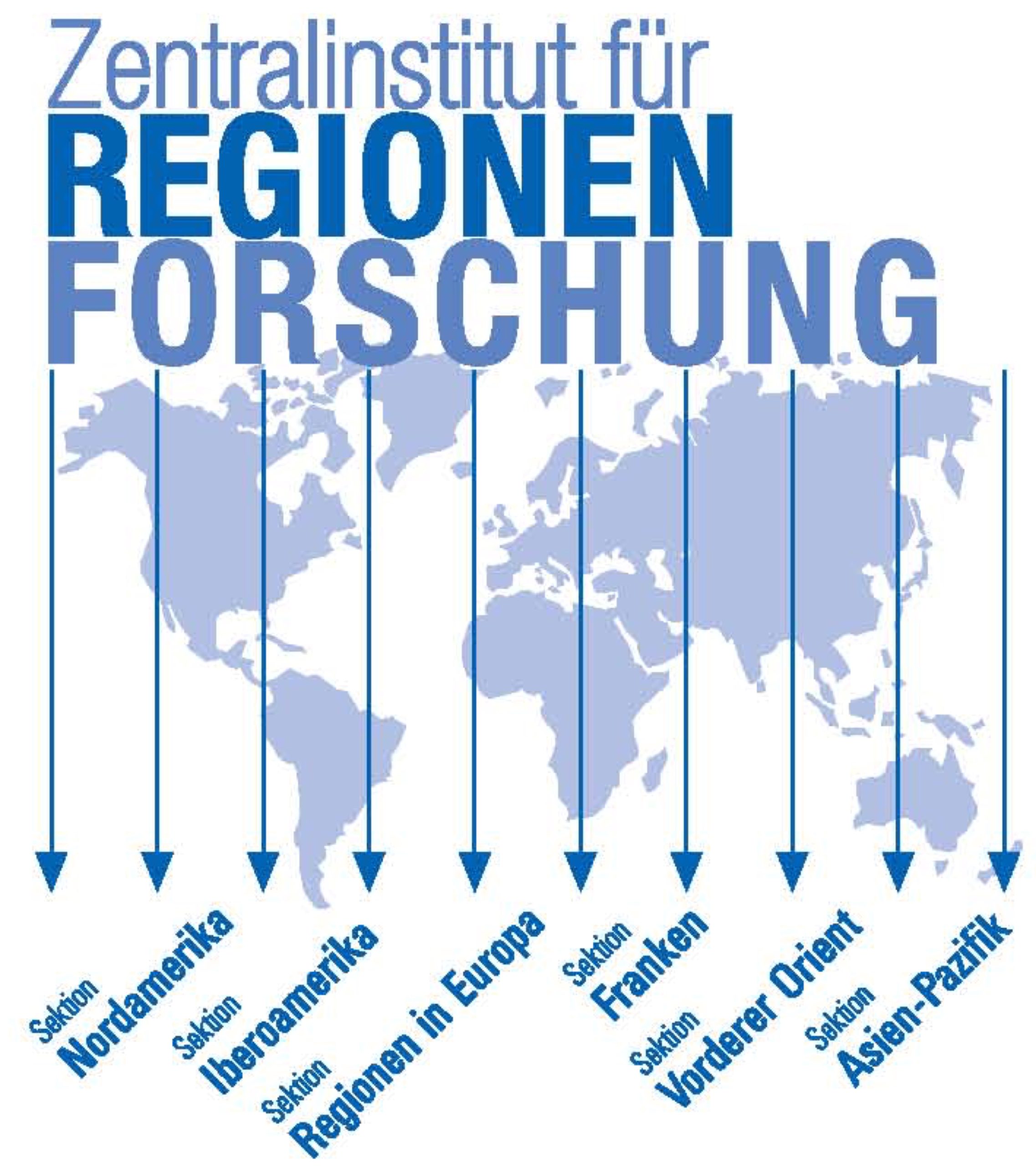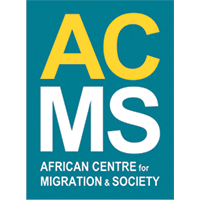On October 30-31, 2019, the Cities, Migration and Membership Research Collaborative will hold a two-day symposium focused on the topic of cities and mobility. This event brings together scholars, practitioners, and policy-makers from around the globe with the objective to advance empirical and normative research to understand and meet the challenges posed by human mobility to cities in the 21st Century.
There are nearly a quarter of a billion international immigrants in the world, a large and growing percentage of whom live in cities. People are also on the move domestically. The International Organization for Migration estimates that together, roughly three million people move to cities every week.

The impact of migration on cities is and will continue to be, significant. Cities typically have limited influence over national immigration policies, yet are accountable for the health and safety of all residents, regardless of origin or legal status. Migrants play an important role in positively shaping urban futures. However, migration puts additional pressure on the provision of social services, such as affordable housing, health services, and education, as well as on water, power and transportation infrastructure. International migration can also raise challenging issues of social cohesion.
Cities are actively looking for new ways to meet the challenges they face. They are entering into national and global networks with other cities to exchange information and share “best practices.” They are organizing to influence national policies and intervening in international legal and policy processes—for example, through their participation in global climate negotiations. In the absence of empirical research and conceptual frameworks however, city policy-makers lack the evidence needed to help inform their work and govern effectively.
In response to this need, leading migration research institutions from countries around the globe established the Cities and Human Mobility Research Collaborative supports and collaborates on conceptual and evidence-based research and analysis. The Research Collaborative also exchanges research and lessons with policymakers and practitioners – especially at local levels – to support data-driven progress toward smarter, more humane migration governance worldwide.


















